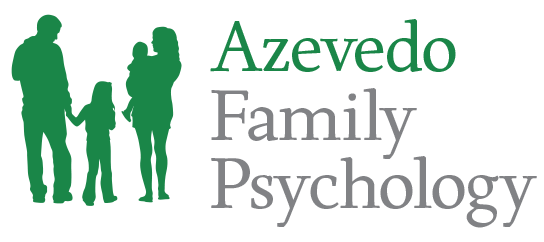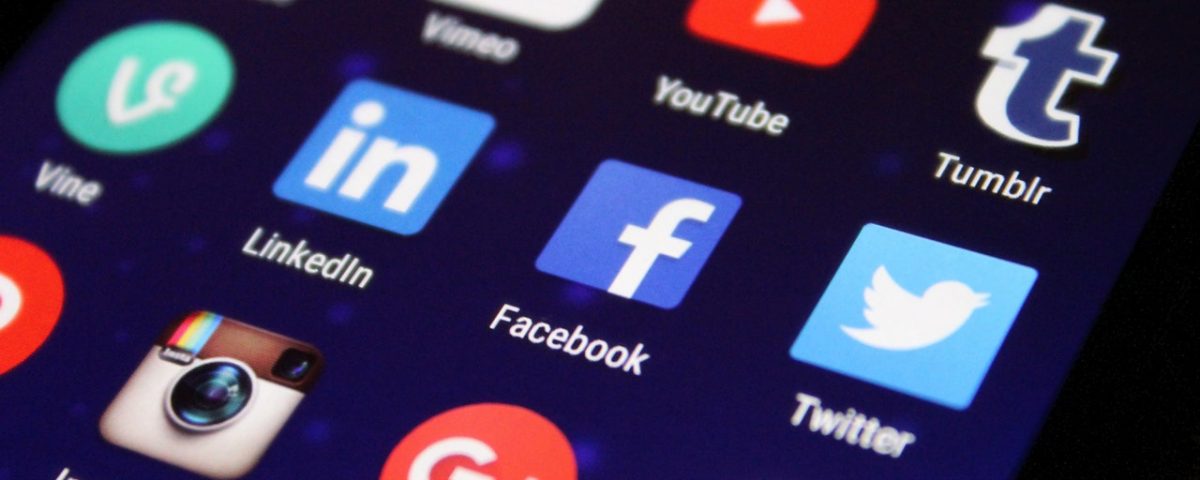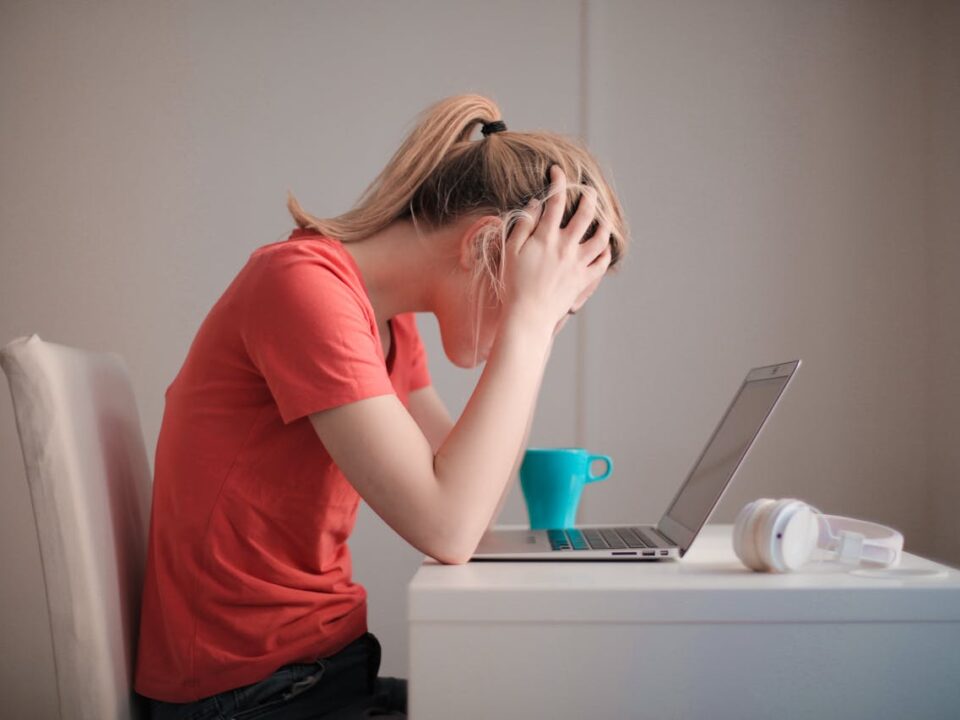
The Basics of Work-Life Balance
December 6, 2018
The Importance of Routine for Mental Health
January 15, 2019Social media is a tool, often a valuable and fun one. Who doesn’t love a good viral video, or seeing what old friends or up to, or even the occasional spirited political debate? Chances are, you’re reading this post because of social media!
But like other tools, social media can be misused and abused. Most dangerously, its use as a digital complement to real life can blur the lines in harmful ways. One of the most studied aspects of social media is its effect on mental health.
How Does it Happen?
To understand the negative mental effects of social media, think of it as a thin veil draped over “real life.” A good one adds texture and interest to the life underneath. But when the veil is ugly or too thick, suddenly it stops being decoration and starts being a detriment.
Much of this is due to the voyeuristic nature of social media: we put a digital version of ourselves on display, and compare it with the digital versions of other people. These masks rarely reflect the whole truth, but the constant temptation to judge yourself against others can be exhausting.
The rush of endorphins from new notifications or self-affirmation through likes can also be Pavlovian…and therefore dangerous. This is especially true for young people, who can be drawn to the immediate reinforcement for negative behavior online, even if that behavior doesn’t reflect their core values. This is part of the reason why extremist political groups often recruit online.
Speaking of young people, studies show that social media is most detrimental to them; it often correlates with substance use and depression.
What Can You Do?
The most obvious solution? Log off! That’s obviously harder than it sounds, but deleting social media apps from your phone can lower the temptation to check it constantly. Keep your use to your primary computer. If you must keep the apps, consider installing Twilight, a screen-darkening software that minimizes the effects of blue light on your sleep cycle.
For kids, it’s the parent’s job to step in. You can limit phone use with apps like Offtime, shutting off notifications, or even blocking apps via parental controls (this works especially well in iOS.) The most important thing you can do, however, is build a close relationship with your child. Be aware of who they interact with and how those interactions go.
If you’re struggling with depression or anxiety, therapy can also help. Azevedo Family Psychology offers cognitive behavioral therapy to patients in the Triangle area. Contact us today, and together we can create a life worth celebrating!




